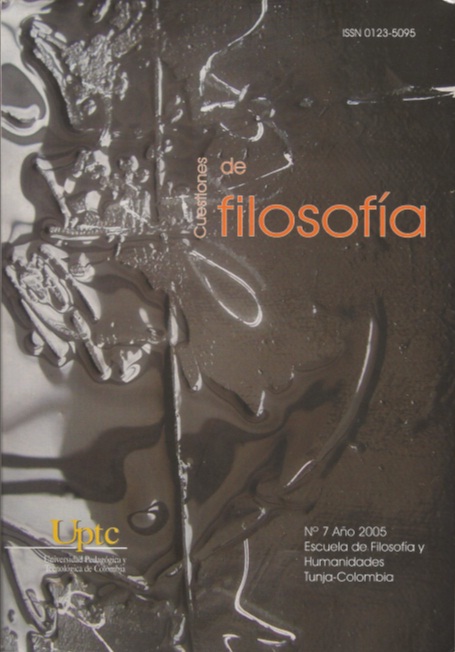La influencia de Albert Einstein en Karl Popper y Gaston Bachelard

Resumen
El pensamiento de Albert Einstein así como sus aportes al desarrollo de la ciencia han sido cruciales no sólo en la ciencia sino también en la filosofía del siglo XX. En el presente trabajo se examinan las fuentes del pensamiento de Einstein, que abarcan desde la literatura hasta la filosofía, entre los cuales se mencionan autores como Spinoza, Hume y Mach. Posteriormente se analiza la influencia de Einstein en dos filósofos: Karl Popper y Gaston Bachelard, el primero en cuanto acepta su posición realista, sus procedimientos inductivos y su actitud crítica frente al trabajo científico: y el segundo en cuanto Einstein le sirve como ejemplo de las dificultades para la aceptación de ideas novedosas en el
conocimiento.
Palabras clave: ciencia, teoría de la relatividad, realismo, falsacionismo, obstáculo epistemológico.
Abstract: Albert Einstein's thought and his contributions to the development of science, have been very important not only to science but also to twentieth century philosophy. In this paper the author
examines the sources of Einstein's thought, that go from literature to philosophy, including authors such as Spinoza, Hume and Mach. After that, the author analizes the influence of Einstein on two philosophers: Karl Popper and Gaston Bachelard, the first, because he shares with Einstein his realism, his inductive methods and his critical position toward scientific work, and the second author, because Einstein is a good example of the dificulties that arise when there are new ideas in knowledge.
Key Words: Science, theory of relativity, rea1ism, falsibility, epistemological obstacle.